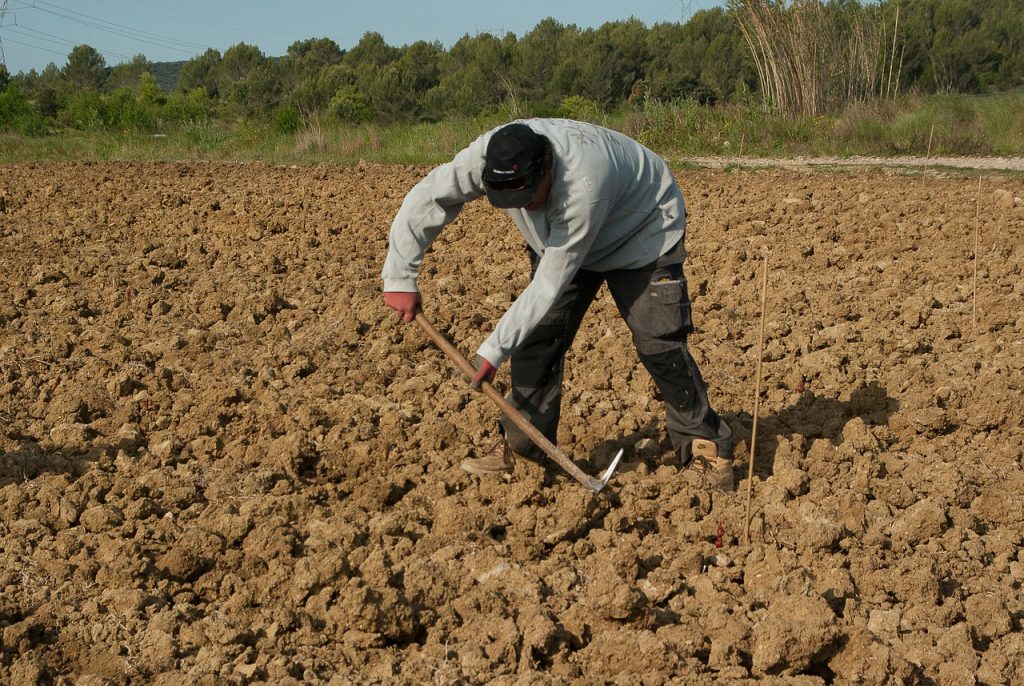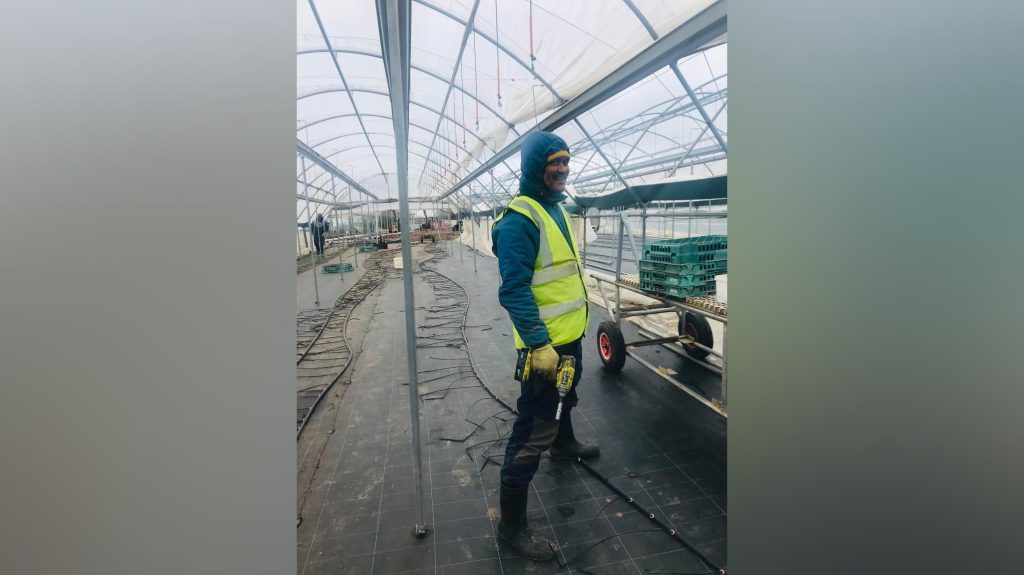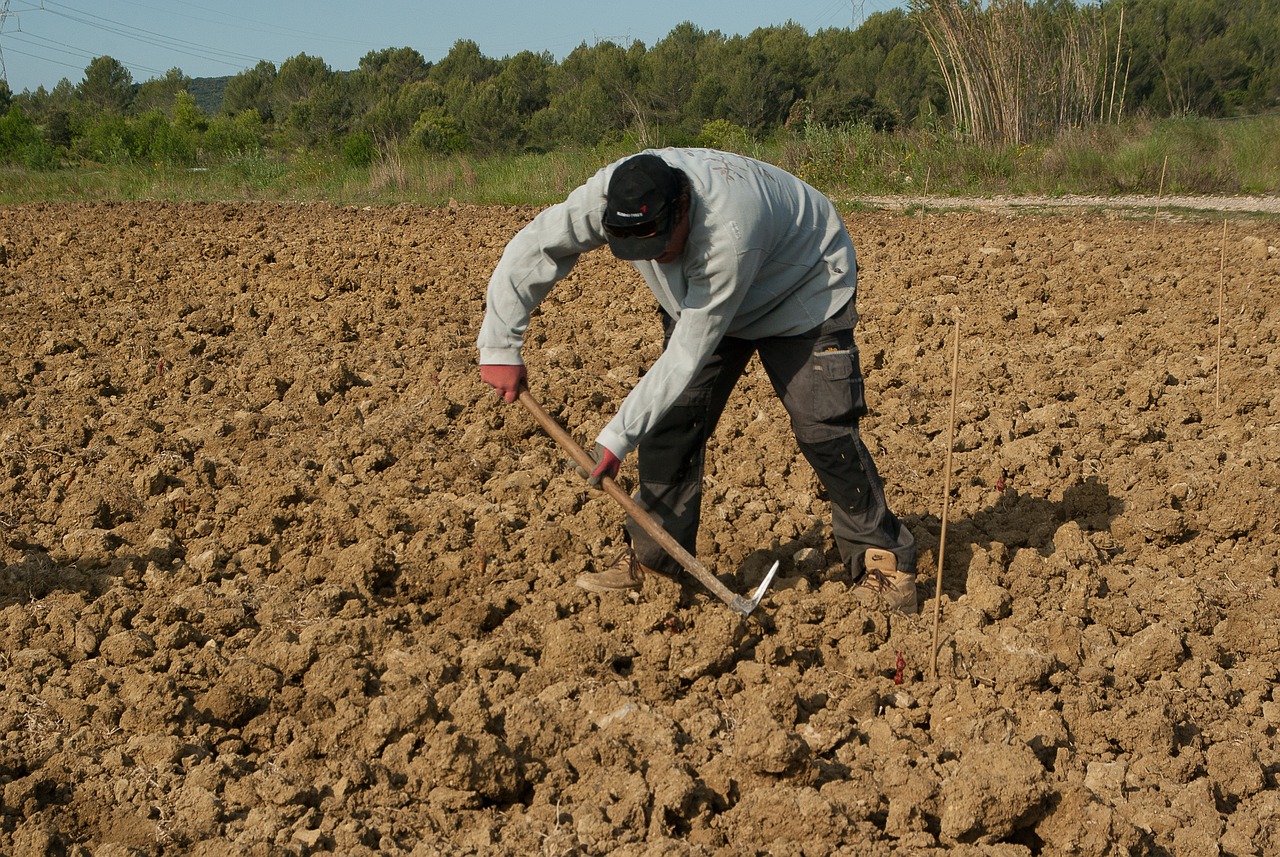Migrant workers in British farms face constant exploitation due to poor working and living conditions. So, how bad is the situation in these places?

As Atit finished unloading the last sack of soil from the truck, he was asked to go back to his caravan and wait for a call from work. Although he had been working since six in the morning with swollen hands that hurt every time he moved it, he was not sure as to why he was sent back. Atit’s body was aching, but he did not want to stop, as being in pain was a better option than not getting to work.
“I was sent back to my room as I took longer time to carry sacks. I was scared of work, them, and everyone but most of all, being blacklisted from work. That’s when I knew that we were nothing but paid slaves to them,” Atit said.
Atit Lama, 28, came to the UK in November 2022 from the hilly region of Nepal and worked in the farms of Gloucestershire. He dreamt of earning more money to cure his bedridden parents and live a better life, but his dreams were soon shattered as the work on the farms was too much for him.
“The works assigned to us were impossible for a human to do. Even machines could not do it, but if we dared to say no, we would get insulted and blacklisted by the managers,” he said.
Atit, an only son, and sole earner of the family says his parents have been sick for years and his job in Nepal could not pay the hospital bills.
“My parents have been sick for many years and due to their condition, they cannot work anymore which puts more responsibility on my shoulders. Hospital bills were too much for me and coming to the UK as a seasonal worker was my last resort, but it was all in vain,” he said.
Every day, about 1,500 young Nepalese leave the country to take up work abroad, mostly in the Gulf and Malaysia but since the UK started the Seasonal Worker Visa scheme in 2019 to tackle post-Brexit shortages, many Nepalese have used this scheme as an opportunity to earn better money.
The UK government launched the seasonal worker pilot scheme in 2019 to address concerns that the country might face a shortage of laborers in British farms after Brexit.
Charities campaigning for migrant workers to be treated fairly believe that the government should be responsible for the well-being of workers.
A spokesperson from Focus on Labour Exploitation (FLEX) said: “Migrant workers are particularly at risk of experiencing exploitation at work. They are disproportionately represented in low-paid, unregulated, precarious, and informal work, and to address this issue is what we should aim for.”
“The Government needs to review the scheme’s structure and take genuine action in response to serious concerns raised by workers which include racism, wage theft, mistreatment, and threats of being sent home.”
Many workers like Atit have used the Seasonal Worker Visa scheme to try and turn their lives around. He thinks the reality of working on the farms is different from what they have been portrayed by friends and family who live in the UK.
He said: “I had come to Britain with many hopes, mostly fuelled by agents and relatives but no one tells you the real condition of these farms.”

“My agent had promised me that I would earn £1610 per month and everything else would be free of cost. It is very sad to know the reality as later I was charged for my caravan, internet, water heater as well as transportation.”
He added: “My relatives who are in the UK turned their backs and did not help me. I was struggling to survive, so how could I send money back home.”
According to Atit, the money was not the only issue they faced. Many workers had to climb up to the hills during heavy rain and wait outside the farms.
“It does not stop here, the living and working conditions were even worse. We all had to walk to go to work in hilly areas and even wait outside the farms during rain. Upon reaching the farms, the authorities would scream at us to work fast.”
“If we would even rest for a while, they would throw racist remarks at us and would cut our wages,” he said.
Journalist Emiliano Mellino from The Bureau of Investigative Journalism along with his team did intense research and brought the possible exploitation of seasonal workers to light. In December last year, three workers who were found by Emiliano gave evidence to a House of Lords inquiry. Later, the committee produced a report asking the government to significantly reform the visa scheme.
Emiliano met seasonal workers who told him how they were overloaded with work most of the time.
He said: “This issue is quite serious, and the lives of people are at stake. These workers had so much pressure at work and if they could not meet their said targets in the first three hours, they were punished by not being able to work for the rest of the day.”
“A lot of them I met were from Asia and it was important to put their voices in front of those with power.”
A research study by the Southeast and East Asian Centre (SEEAC), a London-based migrant rights group published that the war in Ukraine shrunk the UK’s pool of seasonal workers after Brexit. Due to this, the recruitment sectors shifted to countries in Asia.
SEEAC’s director Mariko Hayashi said: “The expansion of recruitment in Asian countries meant these workers were the first to try out the new seasonal worker visa regimes. The workers from Asia didn’t have their own who had been to the UK before to ask so, they had no points of reference.

Atit was the only Nepalese man in his caravan and although his roommates were from other countries who spoke different languages, they all shared a common suffering.
He said: “I had some Indonesian friends too who had the compulsion of money like me, and often we would laugh at our misery together. While some of us have come back to our countries, some are in asylums, and some have fled to Portugal to look for better opportunities.”
“The more I communicated with my friends, I realized that we all were unaware of the harmful working and living conditions of British farms.”
Land Workers Alliance, a charity that advocates the rights of workers in the UK has advised migrant workers coming to the UK to verify information they find about work opportunities before considering applying for a seasonal worker visa.
It says that in case of emergencies, workers should have a list of numbers to call in case they need help.
Meanwhile, Atit has gone back to Nepal as his visa expired but he has no plans to come back to the UK. He worries about his friends who are still in Britain hoping that the government does something for seasonal workers.
“I don’t want to go back but I hope my friends who are still stuck there speak up and raise their voices. I still have some faith in the government as the cases of exploitation are coming to light, I am wondering if the future for seasonal workers like us would be any different,” he says.
But the saga of countless men like Atit continues, who only dream of flying to Europe to try their luck in hopes of earning more money.
